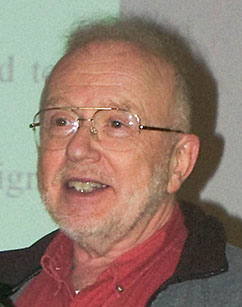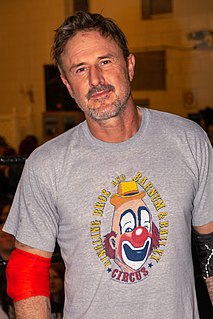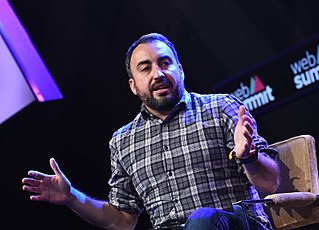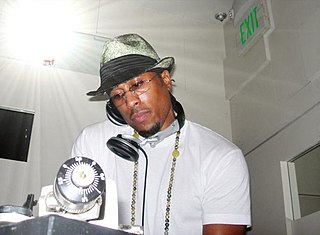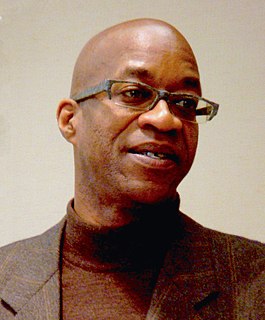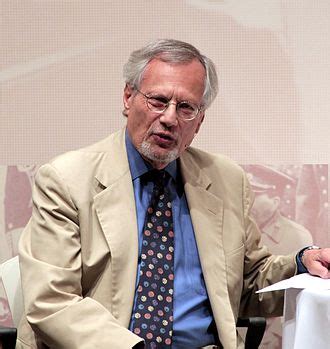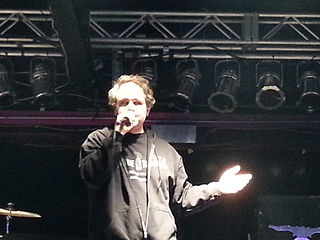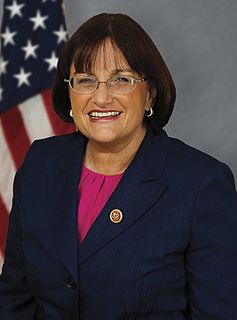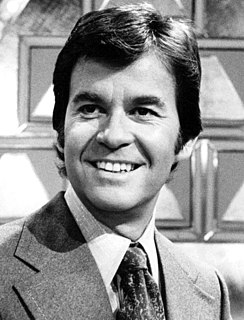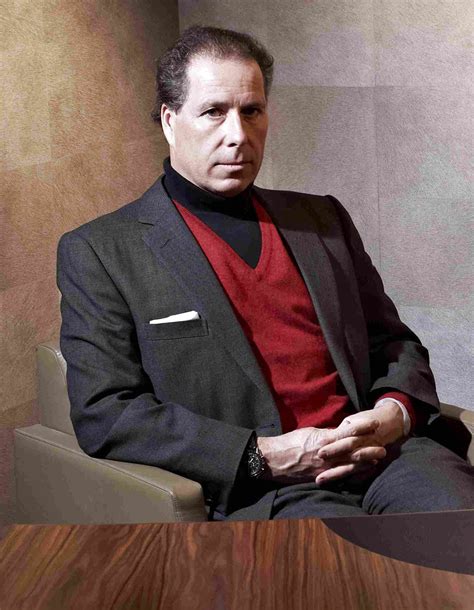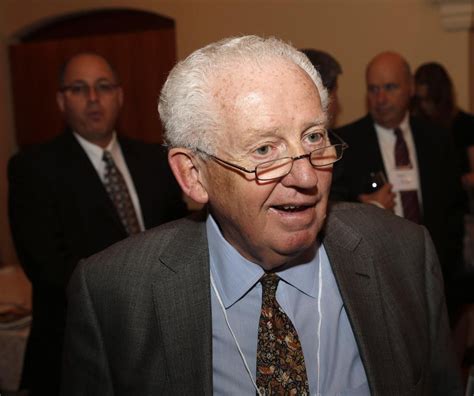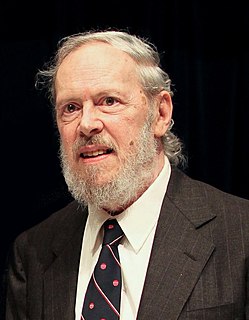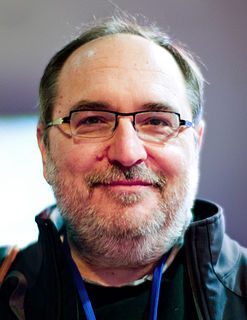Top 787 Computers Quotes & Sayings - Page 8
Explore popular Computers quotes.
Last updated on April 21, 2025.
When Steve Jobs toured Xerox PARC and saw computers running the first operating system that used Windows and a mouse, he assumed he was looking at a new way to work a personal computer. He brought the concept back to Cupertino and created the Mac, then Bill Gates followed suit, and the rest is history.
Computers are still technology because we are still wrestling with it: it's still being invented; we're still trying to work out how it works. There's a world of game interaction to come that you or I wouldn't recognise. It's time for the machines to disappear. The computer's got to disappear into all of the things we use.
Hard systems are everything we're using right now - computers, phones, planes, the clothes you're wearing, the room you're in. Everything there involves 100% use of technology and expertise to make it, and nothing we make - including space exploration vehicles and so on - is complex. Everything we make is complicated. Nothing is self-renewing.
When I heard the news that Steve Jobs had died, my mind flashed back to 1985, when I began my love affair with computers. I was stationed in Moscow for The Associated Press, and I ordered an Apple IIc - by Telex - from a department store in Helsinki, Finland. They express-shipped it to me, a month later, by train.
Everyone knows, or should know, that everything we type on our computers or say into our cell phones is being disseminated throughout the datasphere. And most of it is recorded and parsed by big data servers. Why do you think Gmail and Facebook are free? You think they're corporate gifts? We pay with our data.
I wonder what would have happened if automation and computers had existed when 'Oklahoma!' was having its out-of-town try-out, and three days before closing in Boston, when it was still called 'Away We Go,' they added a new song called 'Oklahoma!' I don't think that could happen today. It's almost impossible to change musicals on the go now.
If we can make computers more intelligent - and I want to be careful of AI hype - and understand the world and the environment better, it can make life so much better for many of us. Just as the Industrial Revolution freed up a lot of humanity from physical drudgery I think AI has the potential to free up humanity from a lot of the mental drudgery.



